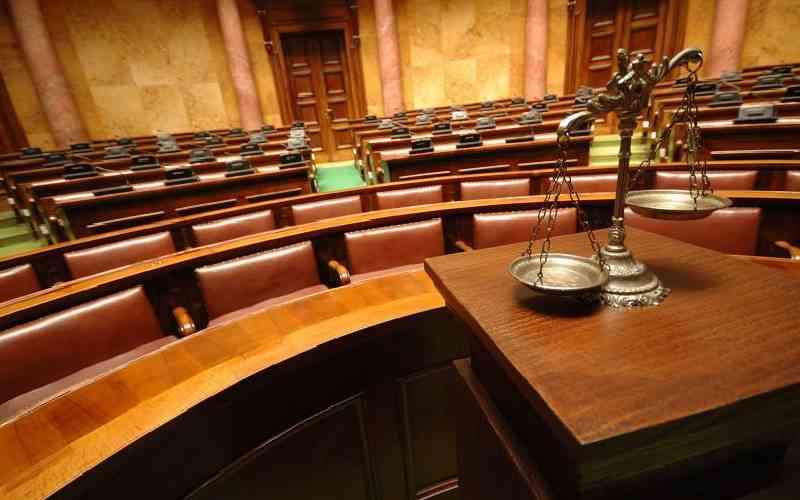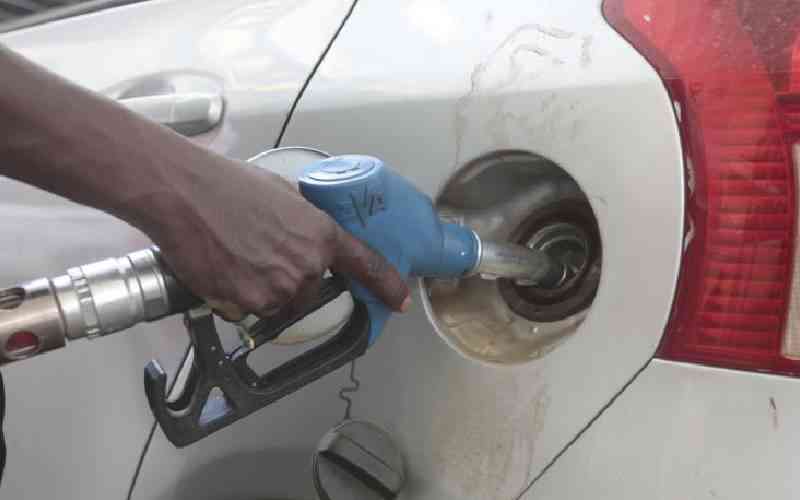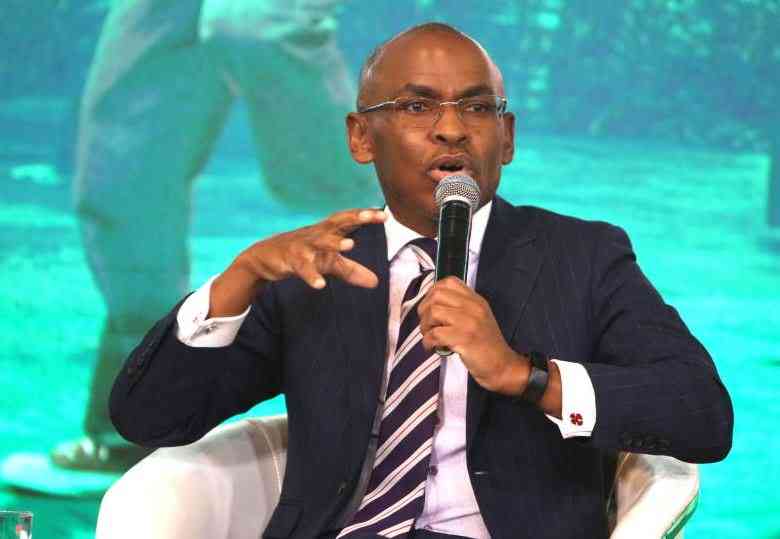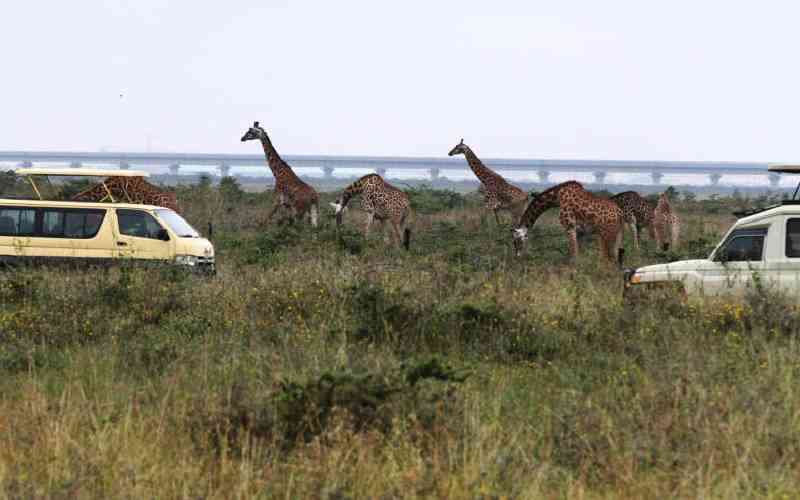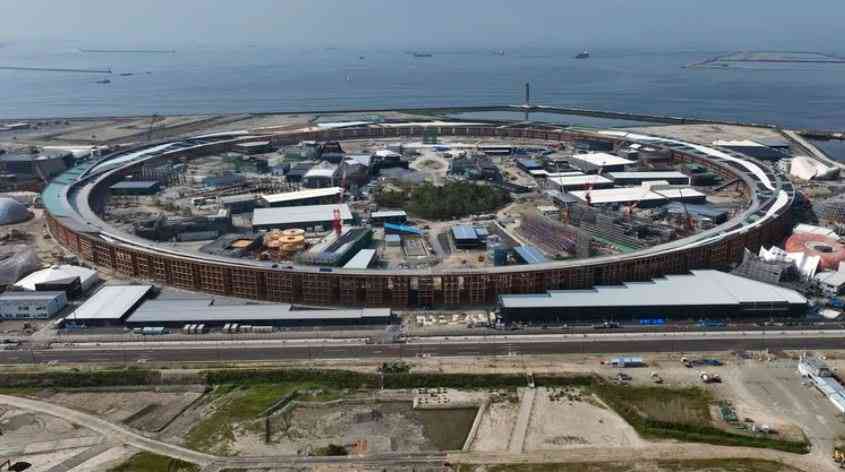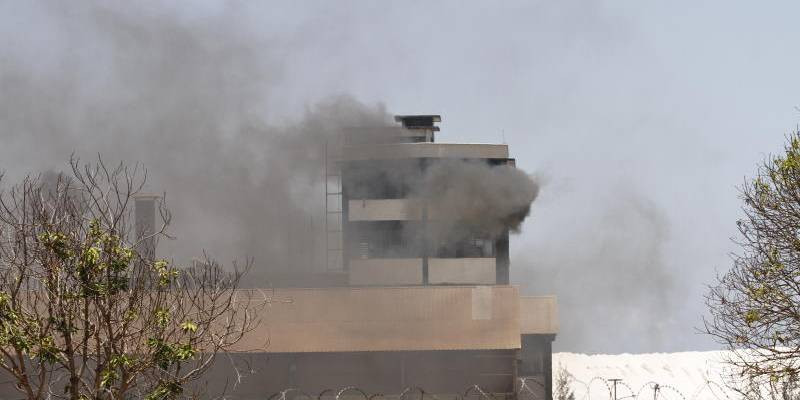
Catholic church affiliated organisations are calling for the cancellation of "unjust" debts burdening African nations.
Association of Member Episcopal Conferences in Eastern Africa (AMECEA), the Jesuit Justice and Ecology Network Africa (JENA), Caritas Africa, and the Symposium of Episcopal Conferences of Africa and Madagascar (SECAM) are leading the campaign to have debts written-off
AMECEA chairman Charles Kasonde, said the campaign is inspired by Pope Francis’s call for a Jubilee Year, and it aims to rally African nations, faith-based organisations, and civil society to push for comprehensive global financial reforms.
“Originating from the biblical tradition, Jubilee calls for periodic debt forgiveness and the restoration of economic equilibrium. It serves as a beacon of hope, a promise of renewal and freedom, and a remedy for the structural inequalities that have persisted for far too long,” said Bishop Kasonde, during the launch of the campaign in Nairobi.
The Church argued that debt is not merely an economic burden but a moral issue that exacerbates poverty, undermines development, and restricts access to essential services such as education and healthcare.
The AMECEA chairman said that Kenya, like many African nations, finds itself at the epicentre of the continent’s growing debt crisis.
“The burden of debt has led to soaring servicing costs, diminished investor confidence, and mounting pressure from international lenders for austerity measures that threaten vital social welfare programs,” said Kasonde.
In 2025 alone, Kenya is projected to allocate more than 60 per cent of its government revenue to debt servicing, leaving little room for social and developmental programs.
He said that the consequences of Kenya’s rising debt are evident in various sectors.
Kasonde warned that public hospitals are facing shortages of essential medicines and medical personnel due to reduced government expenditure.
“Our healthcare system strains under budget stagnation, with public hospitals reporting critical shortages while out-of-pocket expenses continue to rise for our most vulnerable citizens. Cuts in education financing imperil our children’s future, with public institutions facing reduced funding and soaring tuition costs,” he said.
“As the Kenyan shilling depreciates and inflation escalates, the pressure on ordinary citizens mounts. This is not just a financial crisis; it is a crisis of human dignity,” he added:
The Catholic Church has long been at the forefront of global debt relief advocacy. The Jubilee 2000 campaign, which was backed by faith-based organizations, successfully led to the cancellation of over $100 billion in unsustainable debt for some of the world’s poorest countries, including Uganda, Mozambique, and Tanzania.
“Debt is not just an economic issue; it is a moral one. The burden of unjust debt undermines the dignity of millions, stifles development, and traps nations in cycles of poverty,” said Fr Charles Chilufya, the Director of JENA.
Stay informed. Subscribe to our newsletter
The Jubilee 2025 debt cancellation campaign, according to Chilufya, is focused on three key objectives including debt cancellation, financial system reform, and awareness and advocacy.
Kasonde clarified that the campaign is not just about debt relief but also about preventing future debt entrapment.
“We seek comprehensive global financial reforms aimed at preventing the cycles of debt entrapment that have plagued our nations. We advocate for responsible borrowing and lending practices that uphold justice and equity,” he said.
According to the International Monetary Fund (IMF) and the World Bank, more than 22 African countries are currently in debt distress or at high risk.
Some of the most affected African nations include Zambia, Ghana, Ethiopia, Chad, Somalia, Sudan. And Malawi.
According to the Catholic church, debt forgiveness is not just a financial issue but a moral imperative.
Pope Francis has consistently emphasized the need for economic systems that prioritise human dignity over corporate profits and geopolitical interests.
“Debt relief is not about charity; it is about justice. When nations are forced to choose between repaying debt and providing essential services to their citizens, it becomes clear that the financial system is broken. We need a paradigm shift,” said Chilufya.
